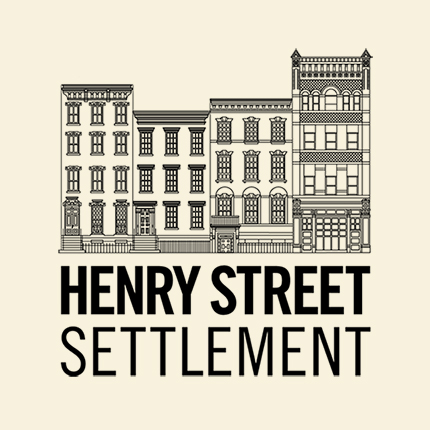Celebrating Henry Street’s Social Workers
By Henry Street Settlement
March was Social Work Month, and Henry Street celebrated in grand style.
Executive Director David Garza spoke at the Visiting Nurse Service of New York’s social work luncheon, where he highlighted the connection between the two agencies (both VNS-NY and Henry Street were founded by Lillian Wald).
A luncheon was also held at the Settlement to honor the social workers who provide service every day.
“Social work is the profession of hope,” said Diane Rubin, MSW and Chief Program Officer at Henry Street, said in her opening remarks. One could argue she was preaching to the choir — and she was — but the message was well received by the audience of 50.
“Settlement houses are the ideal place to provide social work services,” Rubin continued. “Each day we touch and help change the lives of countless individuals.” She presented a gift of Henry Street books to Larraine Ahto and Florence Sempieri, who both recently retired after years of dedicated social work service to the agency.
Attendees at the lunch, held at the Settlement’s Abrons Arts Center, were greeted by Garza and treated to a talk by Nancy Wackstein, Executive Director of United Neighborhood Houses (UNH), the umbrella organization for New York City’s settlement houses.
Wackstein, also a social worker, said that UNH, founded in 1919 by early settlement house leaders (including Henry Street founder Lillian Wald), has served to amplify the voices of settlement houses to policy makers to ensure that they address the needs of vulnerable New Yorkers. She spoke of the power and responsibility of the individual social worker to go beyond providing excellent service by recognizing the connection between underlying social issues and the problems presented by individual clients.
“The ability to make that connection is one of the elements that distinguishes social workers from other service providers and distinguishes settlement houses from other nonprofits,” she said.
The theme of Social Work Month this year was “Weaving Resilience and Advocacy.”
